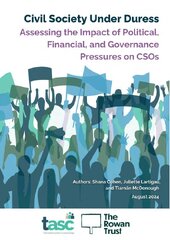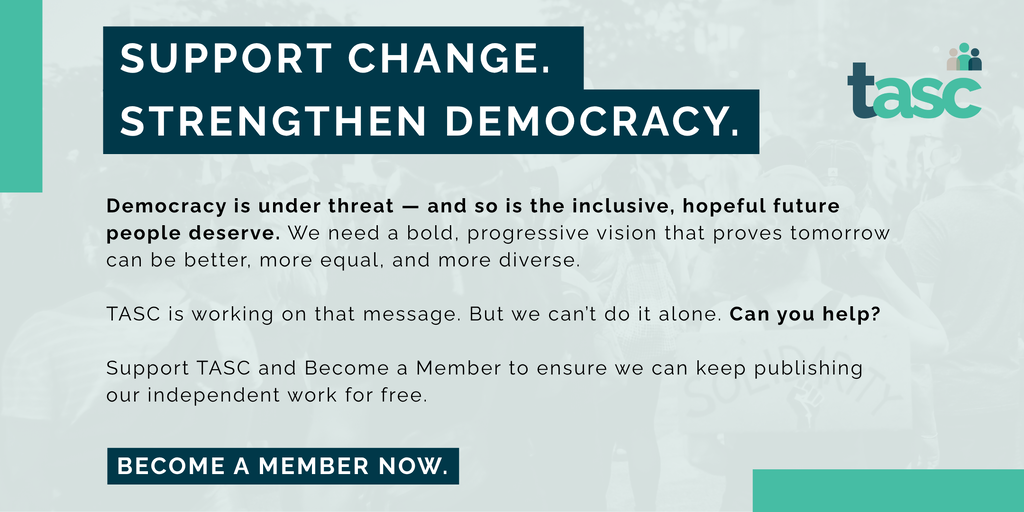Civil Society Under Duress: Assessing the Impact of Political, Financial, and Governance Pressures on CSOs
This report investigates the pressures civil society organisations (CSOs) are experiencing today in Ireland, and how these pressures have affected their operations and services. The report analyses the complex social. political and economic position of CSOs, which simultaneously express aspirations for a progressive Irish society while creating and sustaining the social infrastructure that enables the fulfilment of these aspirations. The internal pressures these dual responsibilities place on civil society organisations are exacerbated by funding constraints, governance requirements, and staffing shortages; growing demand for services due to housing shortages, the cost-of-living crisis, and other factors; and criticism from politicians and harassment by far-right activists. The consequence is that civil society has become more vulnerable, undermining its capacity to encourage and protect democratic engagement in Ireland and reduce the inequalities undermining confidence in the political process. This report examines this vulnerability and its consequences, and offers recommendations for how CSOs, the government. and funding bodies can respond.
More specifically, the report analyses how rising demand and expanded governance and quality regulations, combined with often insufficient resources, have affected organisational ability not just to respond to targeted harassment but also to address the issues that may be influencing the appeal of far-right politics, such as perceptions of declining community solidarity and access to housing and services like healthcare. The report therefore explores how the double relationship of CSOs to the far right - as potential ideological targets and as actors addressing at least some of the factors that influence the appeal of far-right politics -, means that they are in a singular position to offer an alternative conception and practice of social solidarity and social infrastructure.
The recommendations in this report focus heavily on enabling constructive collaboration and partnerships within civil society and between civil society and the state. However, this collaboration is intended not just to create an ecosystem of support to address social problems like poverty or homelessness, but also to reinforce the intersection and integration of platforms for building social solidarity and enabling an individual and collective experience of belonging. The collaboration should underscore the vital contribution civil society makes to sustaining democracy. Greater state support for CSO advocacy and services would in turn strengthen the position of CSOs, as mentioned above, as representatives of social groups often alienated from politics and policymaking.

